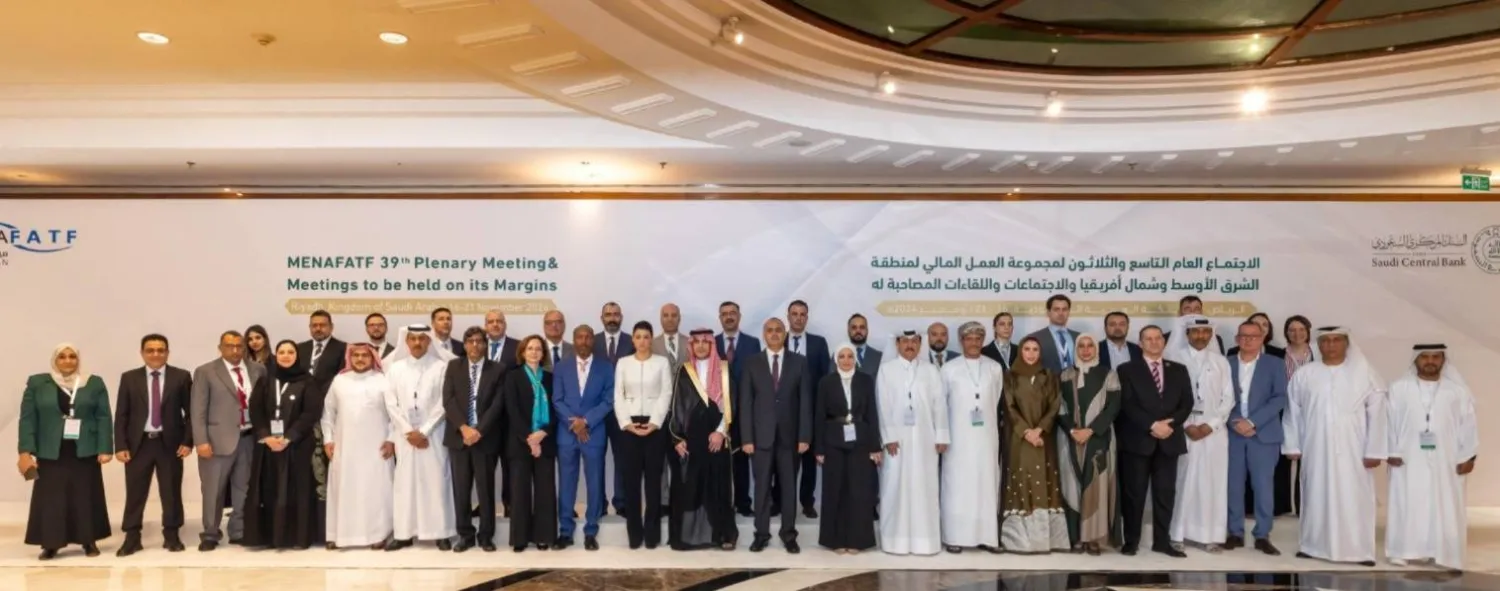Governor of the Saudi Central Bank Ayman Al-Sayari reaffirmed the Kingdom’s commitment to unifying regional efforts to combat money laundering, terrorist financing, and the proliferation of weapons, as well as addressing challenges faced by all nations in these areas.
Al-Sayari was speaking on Tuesday during the opening of the conference “Latest Developments in Combating Money Laundering, Terrorist Financing, and Weapons Proliferation,” held on the sidelines of the 39th General Meeting of the Middle East and North Africa Financial Action Task Force (MENAFATF).
He highlighted the 20th anniversary of MENAFATF’s establishment, praising its role in raising awareness and deepening understanding of international requirements across the region, which he said has helped relevant agencies in member states strengthen their compliance with global standards.
Al-Sayari commended the efforts of Saudi authorities, particularly through specialized permanent committees, to enhance the effectiveness of anti-money laundering measures and improve the Kingdom’s adherence to international obligations.
He emphasized that as money laundering, terrorist financing, and weapons proliferation crimes continue to evolve rapidly, with increasingly complex methods, countries are striving to update their legislative and regulatory frameworks to keep pace with these changes.
Al-Sayari also underscored Saudi Arabia’s support for the goals of the Financial Action Task Force (FATF) under Mexico’s presidency, aimed at combating financial flows that fuel money laundering and terrorism. These efforts, he stressed, contribute to the integrity, stability, and sustainable growth of the global economy.
Saudi Arabia actively participates in FATF discussions to ensure that cross-border transactions are more efficient, transparent, and inclusive, while maintaining compliance with due diligence requirements and other necessary safeguards.
Separately, Al-Sayari held discussions with FATF President Elisa de Anda Madrazo on key updates and mutual areas of interest in combating money laundering, terrorist financing, and weapons proliferation.









